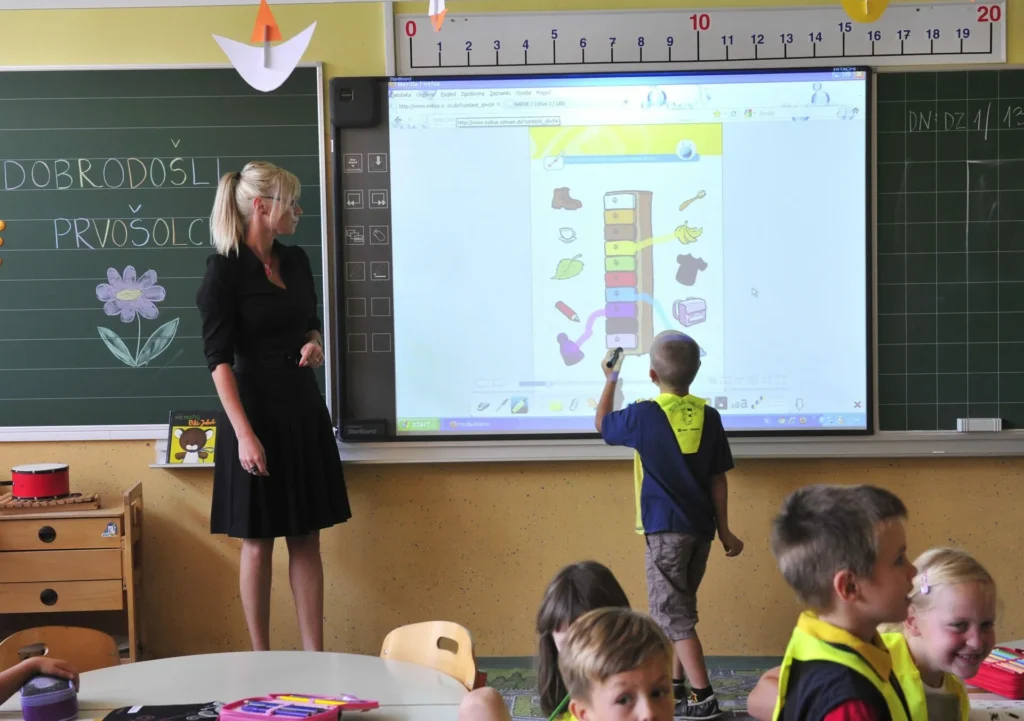From one day to the next, the Slovenian government proves that it is stuck in almost every area. Tax reform – unsuccessful. Housing policy – unattainable. Healthcare – a collapsing system. The only constant is the higher cost of living, which is pushing people into a corner. Now, there is also confusion surrounding the issue of assistance for children with special needs, where a new amendment to the law on the guidance of children is drawing sharp criticism from experts. Instead of improvements and greater accessibility of support, the proposal would primarily mean a narrowing of rights and a transfer of responsibility to schools – without guaranteed resources.
Experts point out that the amendment does allow for the rapid introduction of learning support without an official decision, which could shorten the waiting time for receiving support. At the same time, however, no clear criteria have been set yet, and the number of hours of support is limited on a flat-rate basis, depending on which three-year period of primary school the child is attending. Mojca Lipec Stopar, head of the Department of Special Education at the Faculty of Education of the University of Ljubljana, emphasises that this “interferes with the professional autonomy of practitioners” and that learning support should not be understood solely as assistance with individual subjects, but must remain comprehensive, including emotional and social support.
The Association of School Counsellors warned the Slovenian Press Agency (STA) that the amendment threatens the principle of equal opportunities. A blanket restriction on hours does not allow for an individual approach, reduces professional judgment, and may increase differences between students.
Loss of legal protection for children
The harshest criticism comes from the other side. For the newspaper Dnevnik, Dr Milena Košak Babuder, associate professor at the Faculty of Education of the University of Ljubljana, pointed out that the key problem with the amendment lies in the shift of educational assistance from a right determined by an official decision to a decision made by individual schools. As a result, access to support will depend on the staffing and financial capabilities of individual institutions, which means a loss of legal protection for children. “Instead of improving access to assistance, the legislation could lead to a reduction in the scope and effectiveness of support, which means a greater risk of educational failure, social exclusion, and deepening disparities,” she warned.
Dr Marija Kavkler, president of the Bravo association, shares a similar opinion. She pointed out to the newspaper Dnevnik that the amendment places an additional burden on teachers: “Teachers cannot do everything on their own, nor do they have enough knowledge to deal with every child with learning disabilities. That is why there are professionals to help. Now, however, the proposal assumes that teachers can do much of this on their own.”
Cosmetic changes without serious solutions
Experts agree that the amendment mainly brings “cosmetic and administrative changes” without systemic solutions. Although it introduces a so-called continuum of support, which is supposed to enable schools to respond more quickly without an official decision, practice shows that schools often do not even provide the assistance they should provide before the referral process begins.
The Slovenian Press Agency also reports that the amendment extends the deadline for issuing decisions on placement, which means even more delays and even longer waiting times for children to receive help. The Association of School Counsellors has warned that such changes are based primarily on financial reasons and not on the real needs of children.
Fewer rights, more inequality
In summary, experts agree that the number of children in need of additional assistance is definitely on the rise. However, they believe that the solution does not lie in reducing rights and shifting the burden to schools without adequate staff, but rather in thoughtful, professionally justified changes. Instead, the proposed amendment brings fewer rights, greater dependence on the financial capabilities of individual schools, and the risk of increasing inequality among children.
Sara Kovač


